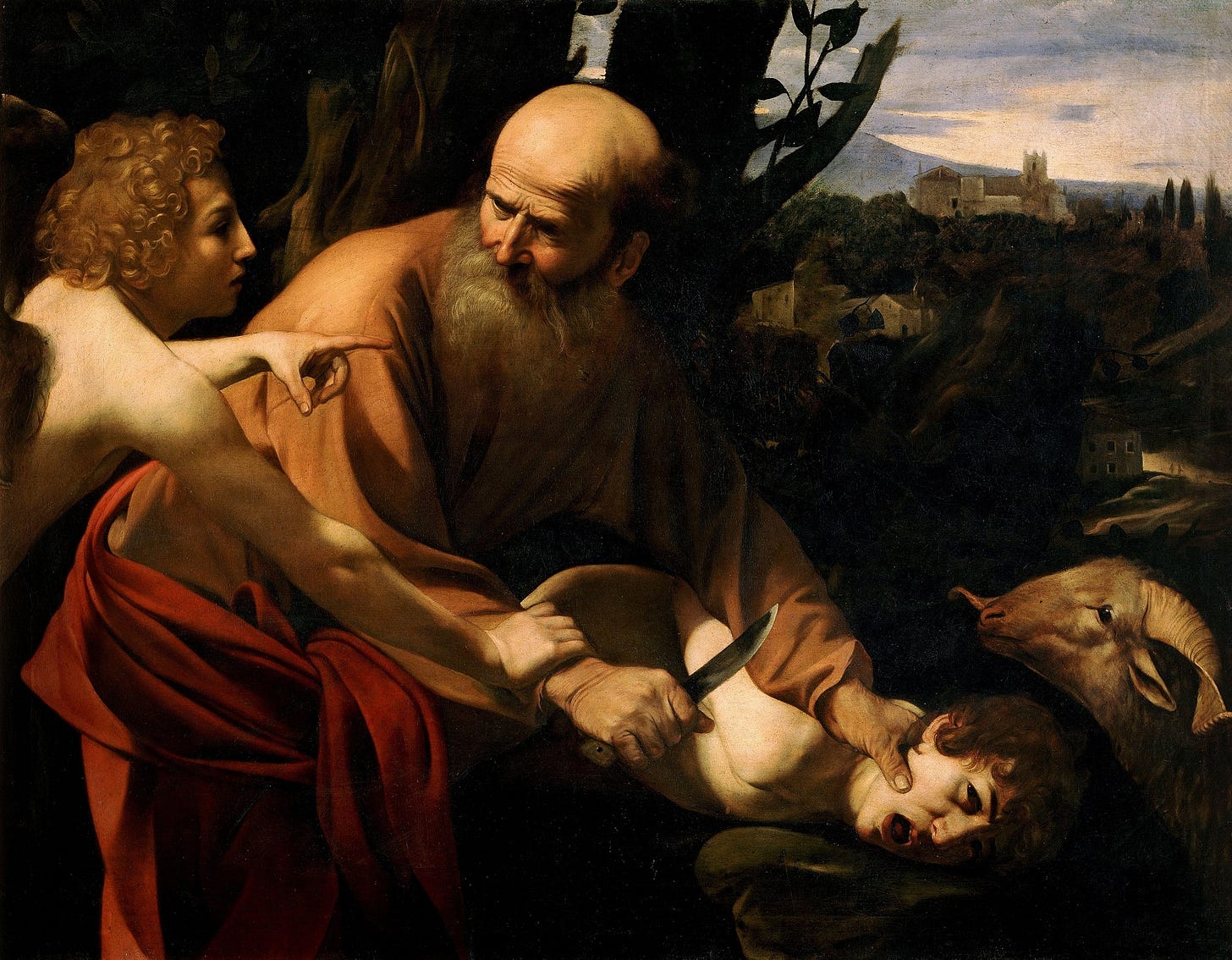
Podcast-haver and Silas Abrahamsen-lookalike (if he had slightly cooler glasses and moustache)
made a post/video recently (depending on which you choose) where he argued that theists are committed to holding one of two unsavory attitudes. The first is to deny that evil occurs, which is surely right out. The second is to endorse any evil that occurs as ultimately good. Why? Well, as you will have learned from Epicurus, or from seeing the following 1000IQ flowchart on reddit,God knows about evil, could prevent it if he wanted, and is omnibenevolent. Nevertheless we find evil all around us. It is clear what conclusion the consistent theist must draw: For any instance of evil, God allows it because it’s ultimately good.
But then while theists might pretend to feel sorry in the face of others’ suffering, and show compassion outwardly, if they were really consistent, they could do no such thing; nothing bad ever happens, and your miscarriage, your broken arm, your loss of your brother—it was all part of God’s plan. It was all good in the end. As Emerson poignantly puts it:
Theism’s demand: Either close your heart or close your eyes. Stop caring or stop looking. Those are my options when it comes to the suffering on earth.
Not so, I say. Emerson’s reasoning relies on flattening the granularity of moral emotions down to a single dimension: This is good, or this is bad. But we are capable of making more nuanced judgements than these by varying the scope with which we consider a situation. We can look, not just at the value of the world as a whole, but the value of this planet, this city, this person, this hurtful comment. Even good states of affairs can contain pockets of badness—things that are intrinsically bad, but which are outweighed by external goodness. This is uncontroversial! Not even theists are going to claim that literally everything, is intrinsically good.
But we can attend to these pockets of badness, and see them for what they are: bad. And we can mourn the badness contained in these, even if we judge that the system they are part of—perhaps even a necessary part—is good. It sucks to go to the dentist, but it’s worth it overall—especially if I get a lolipop or comically small toothpaste with me on the way. I can feel bad about forcing a child to go to the dentist against their will, even if I still think it’s good in total, exactly because it contains a pocket of badness (being simultaneously drowned and dried out in your mouth).
Or with a weightier example: When Vsauce did the trolley problem in real life (obviously not with people in danger), the participants were all deeply shocked and horrified, including those who decided it was right to switch the tracks. In fact, it was especially those that switched who were affected, one even being brought to tears after the experiment ended. But these people were the ones who judged that it was better to kill the one! It was good and right that they switched—so what are they crying about?!
What they’re crying about is that something intrinsically bad happened (and they caused it). The theist is in an analogous position. The world as a whole is their trolley problem, and what they believe is best is that this or that atrocity happened. Still they can cry, mourn, and regret that these things must happen.
All these examples are naturally only analogies—imperfect analogies. God could just poof the trolley away, remove the caries pain-free, and still give me a lolipop in the end for being a good boy. But theodicies are supposed to explain why he actually can’t just do that—at least without sacrificing a good that it would not be worth it to sacrifice.
Just like my hands are tied with regards to dentistry, so that I must put my child (hypothetical child, as I’m not a parent) through pain for their own benefit; so God’s hands are tied due to [insert theodicy here], so that he must allow for the horrible evils we see to attain some worthwhile good.
There is a more pressing problem, though. For even if the theist can coherently and consistently mourn all the horrors around them, it seems as though they are paralyzed when it comes to acting. Or really, they are given completely free reins. If theism entails that everything that happens is for the best, then everyhing that happens is for the best. If I kick you in the balls, stab a grandmother, or fly a plane into a building, then it will have been for the best. And so it seems that I can do nothing wrong.
This should clearly be avoided, and I can think of two ways of doing so:
We avoid it in the moral theory. If some sort of non-consequentialism is true, then you can act wrongly in bringing about the best state of affairs. So perhaps God just sets up the world in the best possible way, but by playing our role in bringing it about, we inevitably do wrong actions. This, however, also raises the question of whether God himself is not breaking his duties by setting up this whole show.
We avoid it in the theodicy. The problem here makes it look as though the theodicy the theist gives had better allow for some gratuitous evil to occur. Here are three options I can think of: 1) Some free will theodicy (though this is generally thought to not help as much with natural evil), 2) an archon abandonment theodicy (defended by
here), and 3) a satisficing-type theodicy (defended by me here as “the Divine Repugnant Conclusion,” and convincingly demolished by the aforementioned Bulldog here (as I watch in horror)).
If, per impossibile, you weren’t convinced by what I said in the last section, this last option should really drive home the point that theists needn’t endorse every bad thing that happens in the world. Instead they should account for evil in such a way that genuinely bad things really do happen, and we can make a difference to this. If they can do that, then they can really and truly regret the suffering in the world—then they can refuse theism’s demand.
You Might Also Like:
Theism Cannot be Proven
I have been down with a pretty bad flu this week, meaning I haven’t been able to concentrate on making the high-quality posts you all know and love. The severity of this illness has also made me question how a loving God could possibly allow such an evil to befall his strongest soldier. So today I’m bringing you a shorter reflection on divine hiddenness…







I like (2), and in particular a fourth option is some sort of multiverse/maximizing-the-good theodicy. We can give Pareto arguments for why the best (or one of the best) worlds will consist in lots of universes that are at least on-balance good. But lots of on-balance good states of affairs will still have *gratuitous* evils. As long as God *also* actualizes better states of affairs, I don’t see the problem with (and think God might be obligated to!) also actualizing ok states of affairs.
MV theodicies have issues too, and I don’t think they’re perfect, but something like a maximization approach is right.